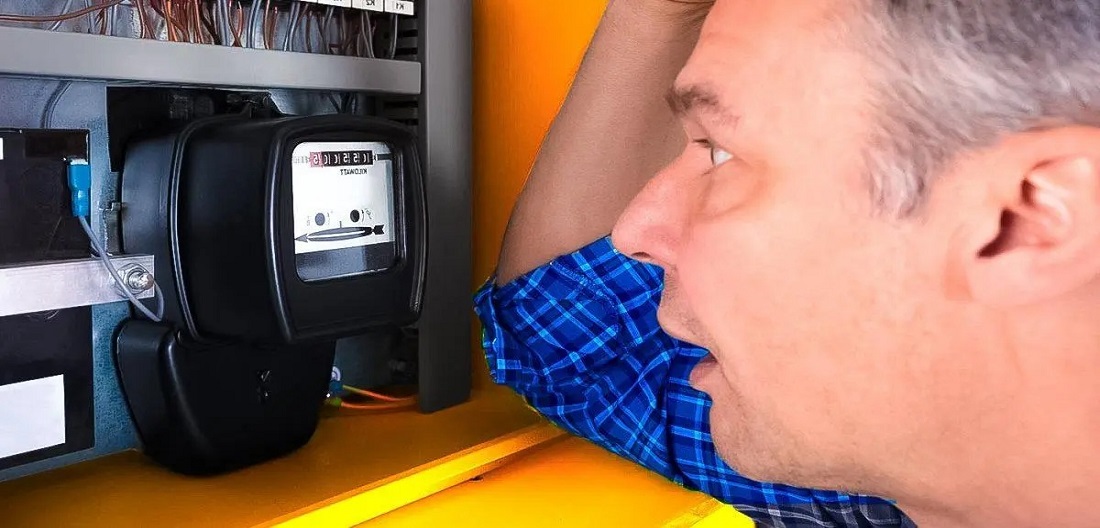Before heading to bed, most people turn off their TV or computer and plug in their phone to charge. However, what many forget is that there are numerous other devices around the house that should be unplugged during sleep to reap various benefits.
Unplugging power cords from sockets has both environmental and financial advantages, as it reduces energy consumption and can lower monthly electricity bills. Additionally, from a safety perspective, unplugging devices can help mitigate the risk of fire hazards in the home.
In this article, we’ll explore nine gadgets and devices that you should unplug every night before going to bed, to promote energy efficiency, cost savings, and safety.
TV
Before calling it a night, you likely power off your TV using either the remote or the buttons on the screen. However, even when powered off, many devices remain in standby mode when left plugged in.
It’s important to note that even in standby mode, your TV still consumes energy. While unplugging your TV completely may result in missing out on software updates during the night, these updates can easily wait until the morning.

Wireless Router
Wi-Fi has become an essential part of our daily lives, enabling us to work, stream content, and research online throughout the day. However, when it comes to bedtime, Wi-Fi routers often continue to consume energy despite being unused.
Similar to keeping your TV plugged in, leaving your wireless router plugged in overnight can result in unnecessary energy consumption.
By turning off your wireless router at night, you not only save energy, but you also reduce your exposure to the electromagnetic field (EMF) radiation that these devices emit.
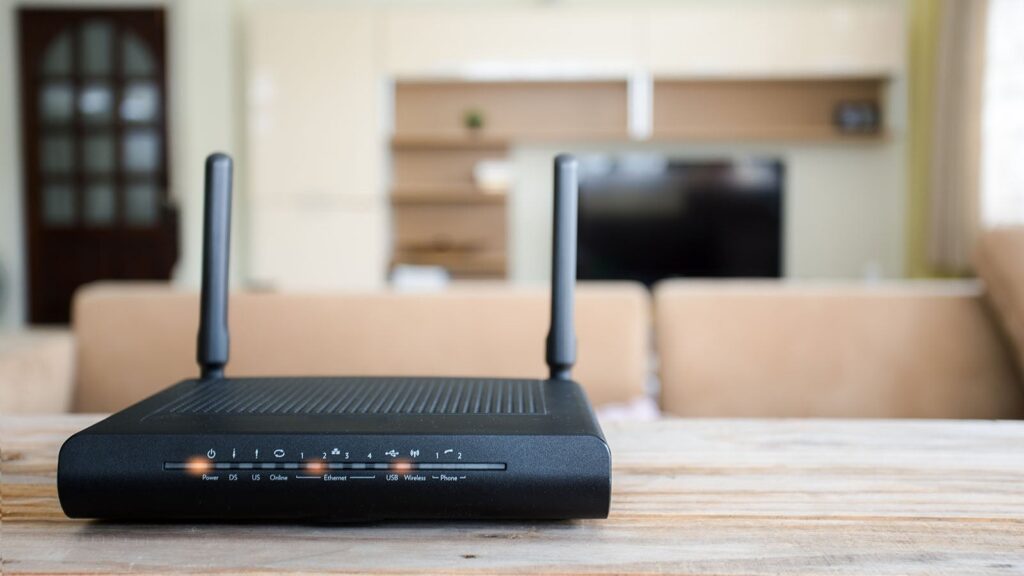
Computer
Leaving your desktop computer plugged in overnight is unnecessary. Nowadays, many people use laptops instead.
Although charging your laptop overnight may seem convenient, it can result in wasted energy once the battery reaches 100% capacity.
Similarly, if you typically keep your laptop plugged in all day while you work, leaving it plugged in overnight is also unnecessary.

Small Kitchen Appliances
Similar to other appliances on this list, leaving small kitchen appliances plugged in unnecessarily results in wasted energy.
Consider unplugging the following appliances when not in use:
- Coffee machines
- Toasters
- Microwaves
- Blenders and smoothie makers
- Kettles
- Electric toothbrushes and shaving equipment
While it may be convenient to keep electric toothbrushes and shaving equipment plugged in overnight to ensure they are always charged, this practice can waste energy and reduce battery life.
Instead, try to charge these appliances only when their battery is low and during the day. In the long run, you will extend their battery life and maximize their efficiency, without any extra effort.
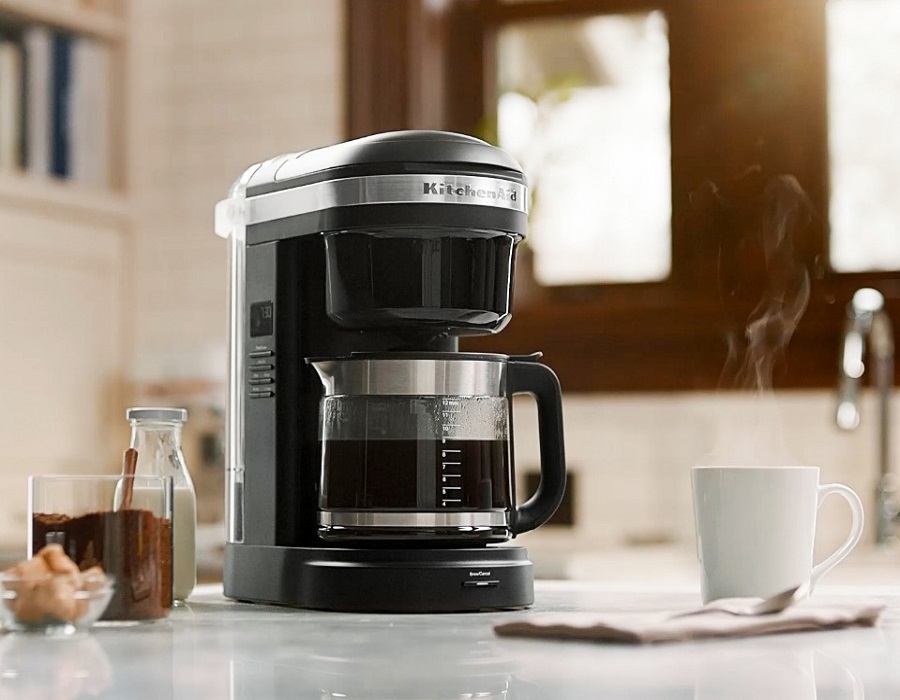
Lamps Around Your House
Do you remember being told to switch off the lights when leaving a room as a child? When it comes to unplugging lamps before going to bed, the same principle applies.
Even though lamps consume minimal energy when plugged in but not in use, it’s still wasted energy. Instead of using lamps, consider using alternative forms of lighting, such as under-counter lights, to guide your way to the kitchen or bathroom while you sleep.
If you’re concerned about security, consider installing outdoor lighting that automatically turns on when someone enters your property. Investing in window locks and using security signage at your garden entry can also be worthwhile precautions.
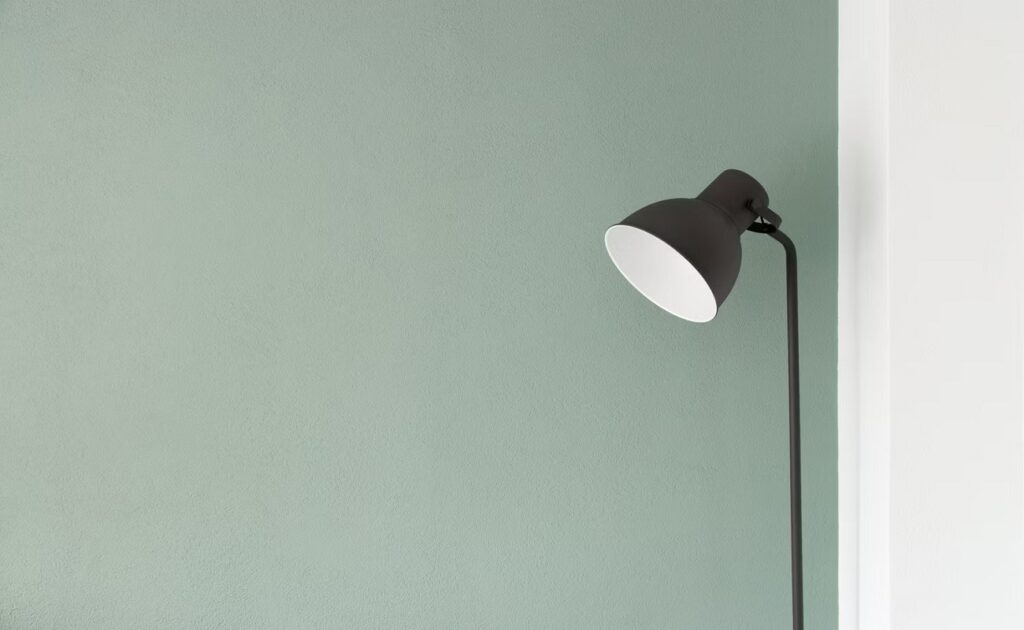
Electric Blankets
Electric blankets are wonderful for providing warmth and comfort on chilly nights. However, leaving them plugged in while you sleep can pose a significant fire hazard.
To mitigate this risk, it’s recommended to only keep electric blankets plugged in to warm up your bed before you go to sleep, and then unplugging them once you’re in bed. As an alternative, investing in a high-quality duvet that provides ample warmth throughout the night can be a safer and more energy-efficient option.
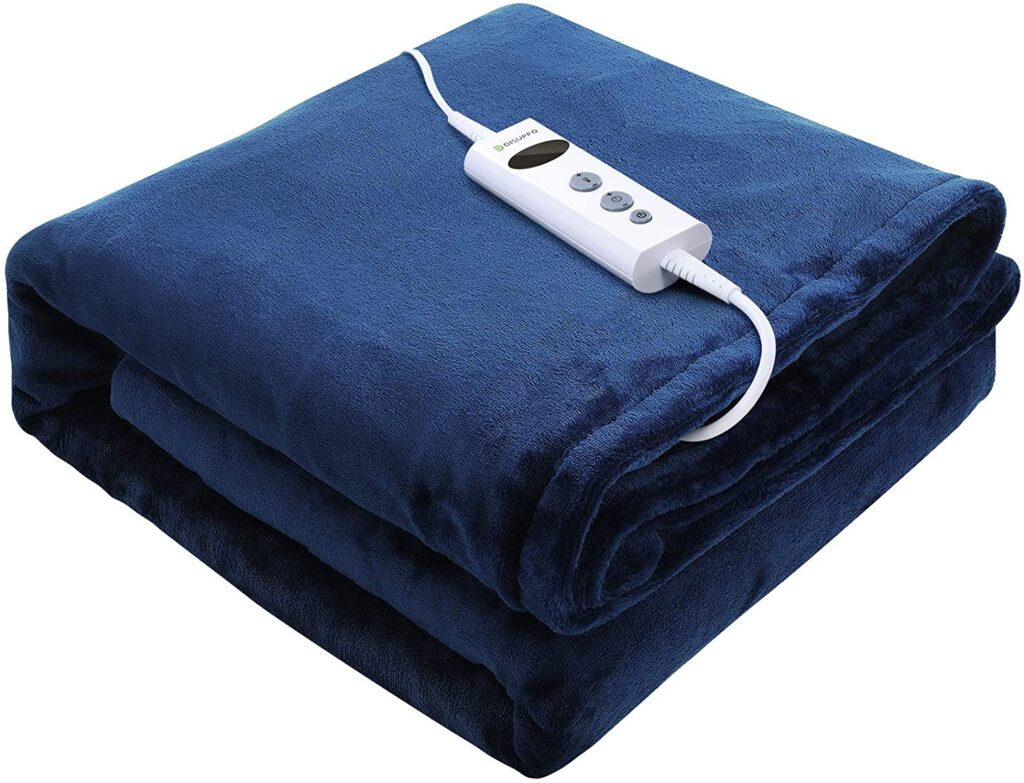
Your Phone Charger
Yes, you heard it right. The first device you plug in before going to bed is actually the one you should unplug instead.
When your phone reaches 100 percent charge, it goes into trickle charging mode, which can strain the battery over time and reduce its overall capacity. By regularly charging your phone overnight, you may expedite this cycle.
To optimize your phone’s battery life, consider charging it just after you wake up in the morning. By the time you’ve finished your morning routine, such as showering and having breakfast, your phone should have enough battery to last you throughout the day.
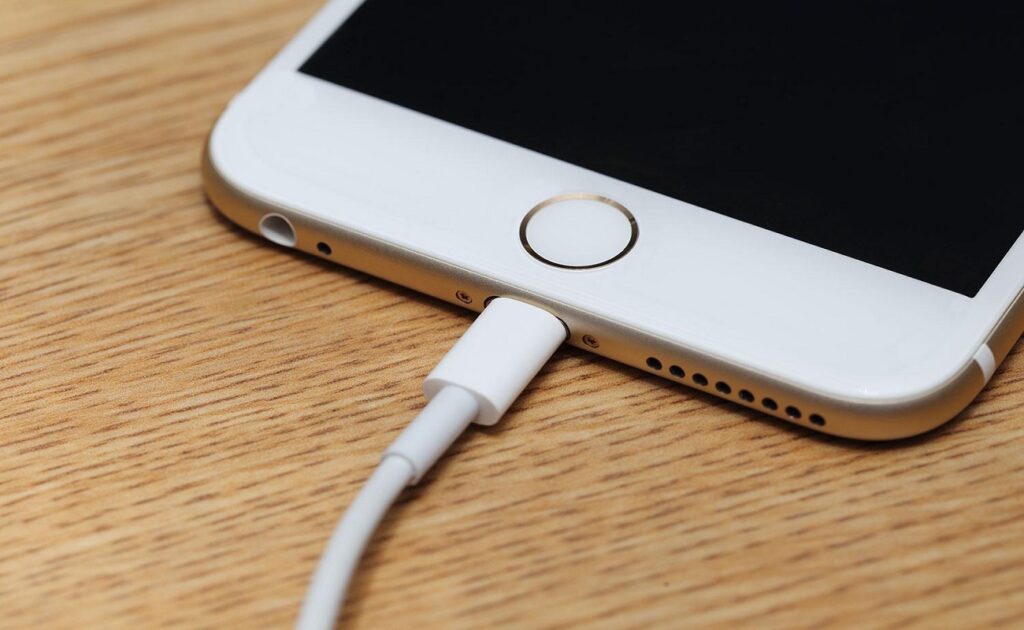
Wireless Headphone Cases
In general, you may not need to charge your wireless headphone cases as frequently as you might think.
Similar to smartphones, the batteries of wireless headphones can experience reduced charging capacities over time. Frequent charging without a need can accelerate this degradation.
If your headphones need charging while they are in the case, go ahead and charge them. However, if it’s the case itself that needs charging, it’s better to wait until morning.
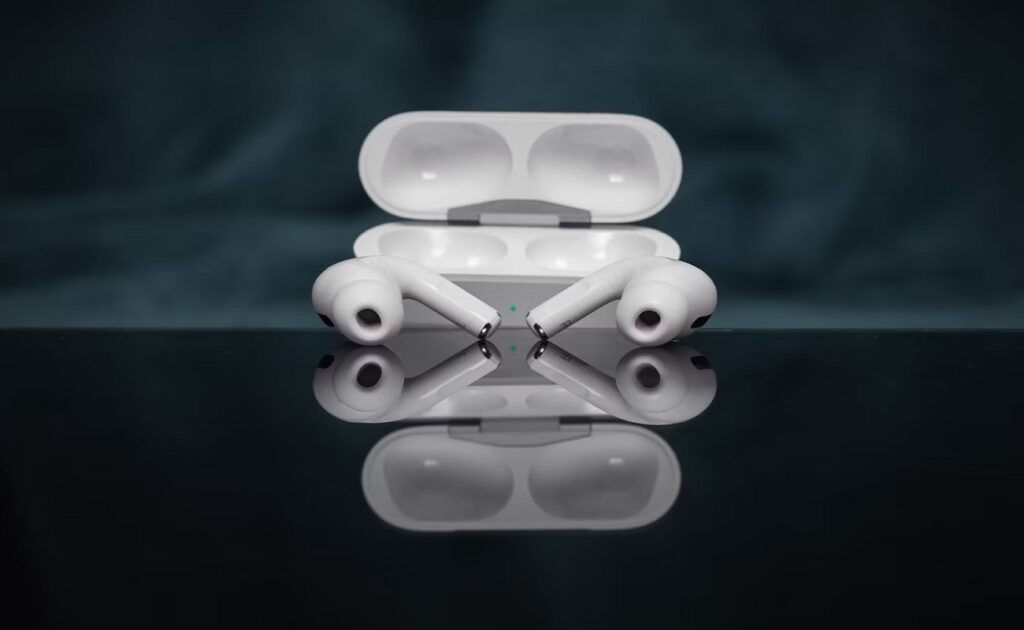
Extension Cords
Extension cords are useful for centralizing power sources in a room when wall chargers are scarce. However, keeping them plugged in when not in use can result in wasted energy, especially if they are powering appliances that don’t need to stay on all the time.
In more severe cases, constant use of extension cords to power multiple appliances simultaneously can lead to overheating and pose a fire risk.
Even if you don’t unplug the extension cord entirely, it’s advisable to at least remove the plugs for appliances that are not needed to minimize energy waste and potential risks.
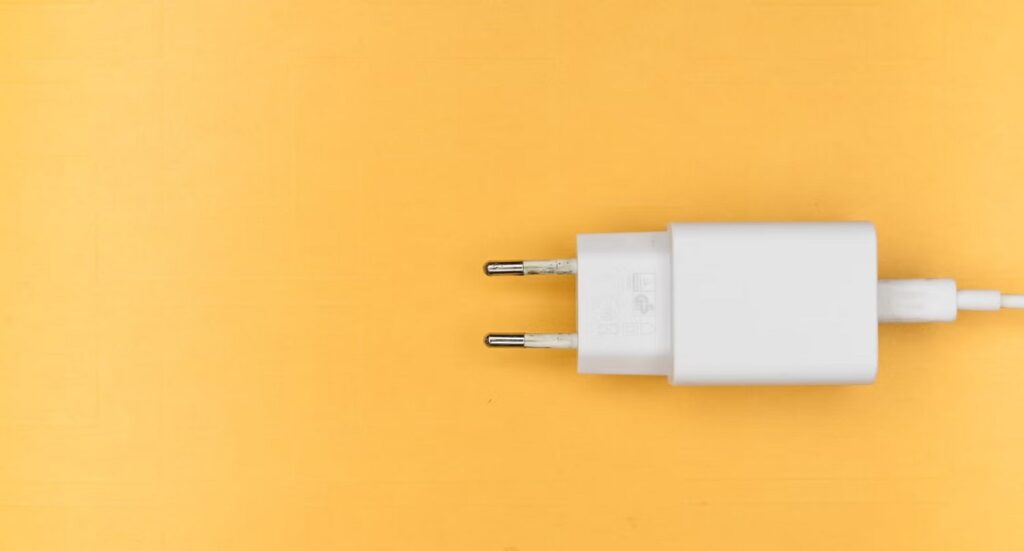
Disconnect These Devices for Energy Savings and Enhanced Safety
While some appliances may need to remain plugged in, many of the devices we use regularly do not. Unplugging certain gadgets and devices when they are not in use can help extend their lifespan and even reduce your energy bill.
As a general guideline, try to only keep appliances plugged in when necessary. After you’re done watching TV, unplug the cord. Similarly, if your phone has a nearly full battery, there’s no need to keep it charging unnecessarily.

